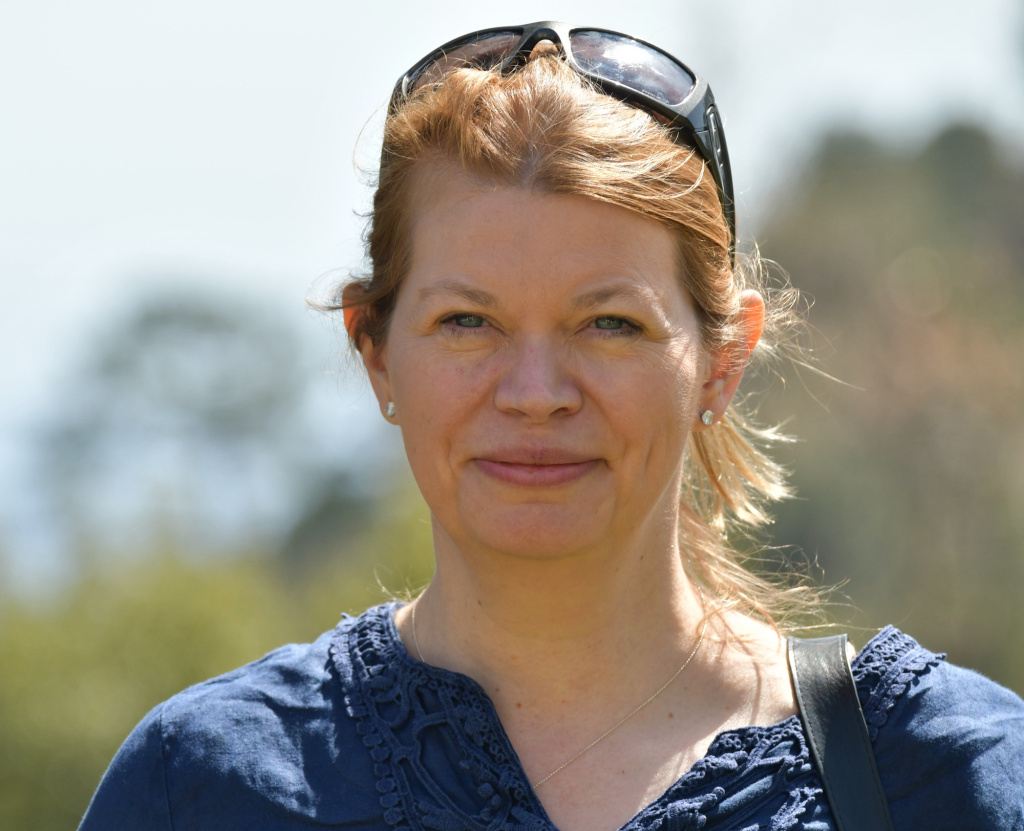EXPLORE Career Profiles
1. What did you want to be when you were 10?
I wanted to be a ski instructor!
2. What was your favourite subject at school?
I liked English best. I really loved reading and I liked trying to understand how stories are put together. I was encouraged to study sciences and maths by my teachers and parents, as I was quite good at them. They advised me that it was possible to pick up other subjects later in life, but with science this is harder to do, and that science opens doors to many different careers.
3. What did you study at university? Why did you choose those topics and the places to study?
I originally wanted to study law at Cambridge but I didn’t get the grades. I looked through several university prospectuses until I came across a course in Physics and Space Science at the University of Leicester. I was watching Star Wars on TV at the time and it felt like it was meant to be! In practice, I found it quite hard to engage with the theory and the maths during my degree. When I graduated, I followed my 10-year-old self’s dream to spend some time working and skiing in the Alps. It was a lot of fun but, at the end of a year, I felt it was time to do something more academic. I went back to Leicester to do a Master’s degree in Earth Observation Science. Doing a subject with practical applications and creating maps where you could visualise the data and see movement and changes in front of you was a breakthrough for me. I really loved it.
4. How did you get your first job? How many jobs have you had since?
Towards the end of my MSc, I was looking for a job. An email came round the department for a part-time opportunity to spend six-months helping to research content for a gallery at the National Space Centre, a space-themed visitor attraction that was under development in Leicester at the time. I ended up spending three years there, full-time, as an exhibition developer, curator and setting up a space news service for visitors. Since I left, I have been freelance, so have had a ‘portfolio’ career of working on lots of different projects at any one time.
5. What’s been the biggest piece of luck or ‘surprise twist’ you have had in your career to date?
Working at the National Space Centre, from the time it was a set of architectural plans to when the building was open and welcoming hundreds of visitors per day, was an amazing experience. Defining what to put in this enormous building, within the budget and time constraints, was a huge job, carried out by a very small – generally very young – team. In my mid-twenties, I was given a lot of opportunities and responsibilities, and hands-on experience of pretty much every aspect of the project, from buying rockets and space suits to mopping the floors. I wrote the text for hundreds of exhibition panels, which was very good practice for distilling complex topics into 100-200 words. I also developed a very wide network of people working in the space sector, academia and the media, which has been the bedrock of everything that I have done since.
6. Have you had a mentor or person that inspired you? How did they help you?
Since I left the National Space Centre, I have largely been freelance. Both my parents were self-employed and they showed me that this was a valid, achievable career path and supported me when I made the leap. Many of the people that I worked with at the Space Centre were inspirational, including the Creative Director, Alex Hall, and the original CEO, Keith Beaumont, who was an exceptionally skilled manager who made everyone feel that they could have their say within the company’s decision-making process.
7. What are the main things you do each day?
I work on a number of different projects, each including many different activities, so no two days are exactly the same. I spend a lot of time on Zoom talking to people around the world. I also spend a lot of time editing material from different sources to make funding proposals, articles or press releases that are coherent and understandable for non-experts.
8. What do you like best about the work that you do and what do you like least?
I get to work on many different topics, right across the spectrum of planetary science research, and interact with many people with diverse perspectives and backgrounds. In the past year or so, I have been very focused on thinking about strategy and sustainability for various activities – essentially how can we turn projects that have been funded through grants into businesses and services that people will pay for. This has been very interesting, though very demanding. I like least the fact that I work on project with deadlines that I have little control over. Urgent things come up, often with very little warning, that I just have to deal with. This makes it very hard to manage my time and to take time off.
9. Do you have ambitions or things that you would like to do next?
I did a creative writing MA part time from 2010-2012 where I had to deliver a draft of a novel. I never had time to follow up with trying to get it published, although many of my course-mates are now onto their third or fourth book. I feel that the world of science is very misleadingly portrayed generally in fiction, TV and film and this is a real problem for public engagement and trust in science. I want to write entertaining, fast paced books that are set in a world that reflects how science and space missions are actually carried out.
10. What advice would you give your 10-year-old self?
I was a very quiet and shy child and I think I would have been astonished to know that I’d ended up in a career in communications, sometimes having to give talks in front of hundreds of people. I would tell myself that listening is an underrated skill. Don’t worry if you don’t feel you have much to say a lot of the time, so long as you listen, think things through and have the confidence to speak up when you have ideas to contribute.
Quick CV
- Qualifications:
- GCSE: Maths, Chemistry, Physics, Biology, English Literature, English Language, French, Spanish and Geography
- A-Level: Maths, Chemistry, Physics, Biology
- BSc: Physics and Space Science
- MSc: Earth Observation Science
- PGDip: Science Communication
- MA: Creative Writing
- Work:
- 1998-2001: National Space Centre – Exhibition Development, Curator and Exhibition Manager
- 2001-Present: Freelance/project work for clients including EXPLORE, Europlanet, the Royal Astronomical Society, Science and Technology Facilities Council (STFC), Google Lunar XPRIZE, VolitionRX, UCL, the Open University and University of Kent.
EXPLORE has received funding from the European Union’s Horizon 2020 research and innovation programme under grant agreement No 101004214.



